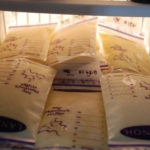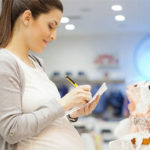For new mothers, it’s inevitable to make some mistakes when it comes to caring for your newborn. Let’s explore some common mistakes that first-time moms often make and how to avoid them.
1 Incorrect Milk-to-Water Ratio
Many new moms tend to estimate the amount of formula to use instead of following the instructions provided by healthcare professionals. This can be harmful to your baby’s health.
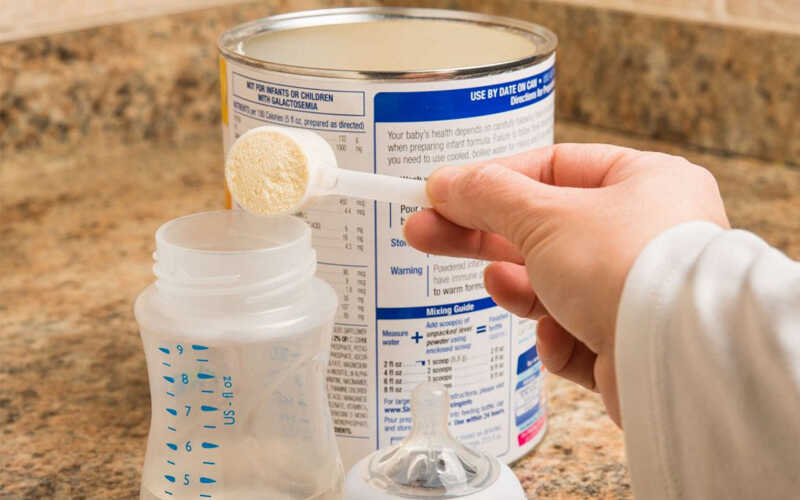
Alexander Penn, a biology professor at the University of California, San Diego, warns that overfeeding your baby can lead to obesity and gut inflammation. On the other hand, not providing enough milk can result in malnutrition and a lack of essential nutrients.
It’s crucial to consult with a healthcare professional to ensure you’re using the correct formula ratio for your baby’s healthy development.
2 Feeding Baby with Leftover Milk

According to pediatricians at Vinmec International Hospital, it’s not advisable to store leftover milk and feed it to your baby later. Breast milk or formula should not be kept for more than two hours, as it can pose health risks to your little one.
3 Applying Cold Compresses When Baby Has a Fever

Instead of using cold compresses, opt for warm compresses and light clothing to help your baby’s fever. Master’s degree holder and pediatrician, Dr. Phan Ngọc Hải, from Vinmec International Hospital in Danang, recommends avoiding cold compresses as they can constrict blood vessels and block heat dissipation, potentially worsening your baby’s fever.
4 Cutting Baby’s Hair
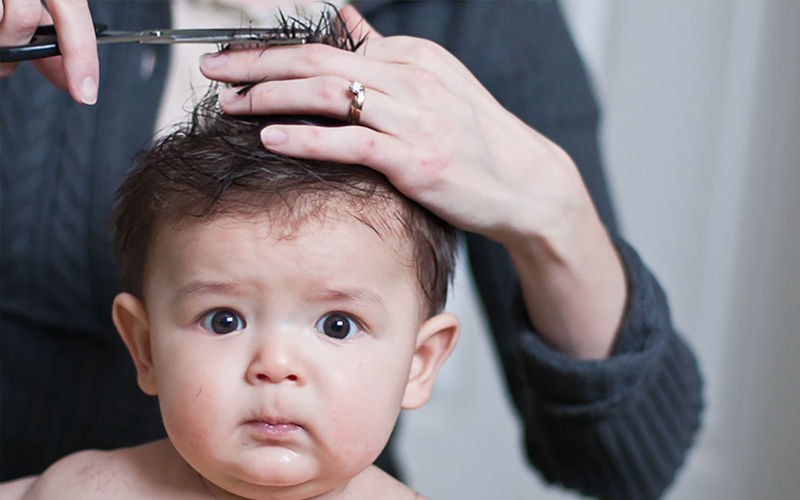
While it is a common practice to cut a newborn’s hair based on traditional beliefs, Dr. Nguyễn Thị Mỹ Linh, a pediatrician at Vinmec International Hospital in Danang, advises against it. She explains that the baby’s soft spot (fontanel) is still open during the first month, and cutting the hair can reduce the warmth and protection it provides. Additionally, there is a risk of injuring the baby’s scalp during the process.
5 Using a Pillow for Newborns

The Lullaby Trust, a UK-based child safety organization, cautions against using pillows for infants. Doing so can lead to breathing difficulties, as the elevated head position can constrict the neck and chest, impacting the baby’s respiratory function. It can also affect bone and spinal development.
Using non-breathable fabric for the pillow can cause heat dissipation issues, leading to colds. Additionally, pillow use at an early age can result in spinal deformities if not addressed promptly.
6 Giving Water to Newborns After Breastfeeding
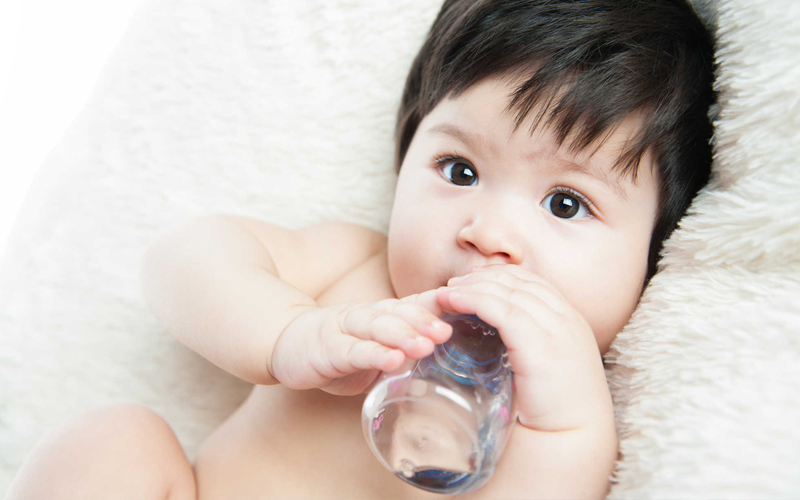
Dr. Đặng Thị Ngọc Chương, a pediatrician at Vinmec Central Park International Hospital, warns against giving water to newborns after breastfeeding, as it can lead to water intoxication, infection, and even seizures.
7 Starting Solid Foods Too Early
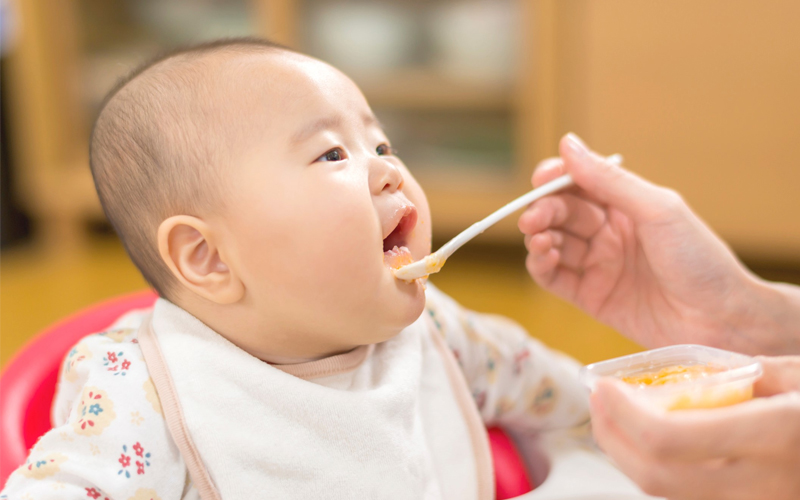
According to the World Health Organization (WHO), it’s best to introduce solid foods when your baby is around six months old. Starting solids too early can be detrimental to your baby’s health due to their underdeveloped digestive system.
8 Cleaning Baby’s Tongue with Honey
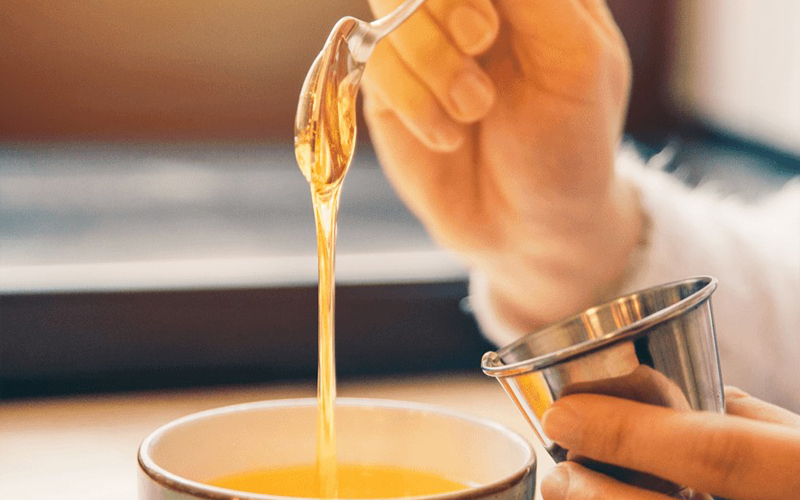
Dr. Trịnh Minh Châu, a pediatrician with 21 years of experience at Vinmec Central Park Hospital, cautions against using honey to clean your baby’s tongue. Honey can contain botulinum toxins and spores, which can cause botulism and lead to nerve paralysis.
9 Adding Salt to Baby Food
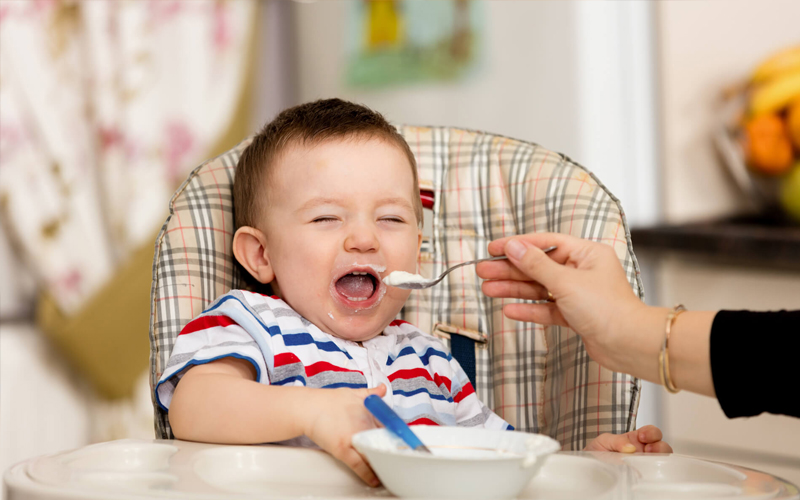
Dr. Đinh Thị Ngọc Sương, a dietitian at Nhi Đồng Hospital, advises against adding salt to baby food for infants under one year old. Introducing salt too early can be dangerous for your baby’s kidneys, which are still developing.
Excessive salt intake can impact kidney function and increase the risk of hypertension, cardiovascular disease, and brain damage.
10 Tightly Swaddling Your Baby
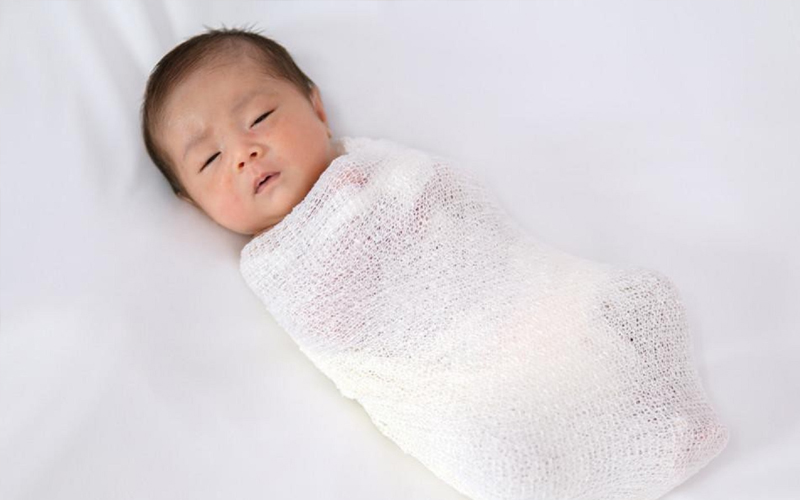
Dr. Matthias Axt, an orthopedist at Westmead Children’s Hospital, warns that swaddling can affect a baby’s hip development and potentially lead to hip dysplasia.
11 Not Burping Baby After Feeding
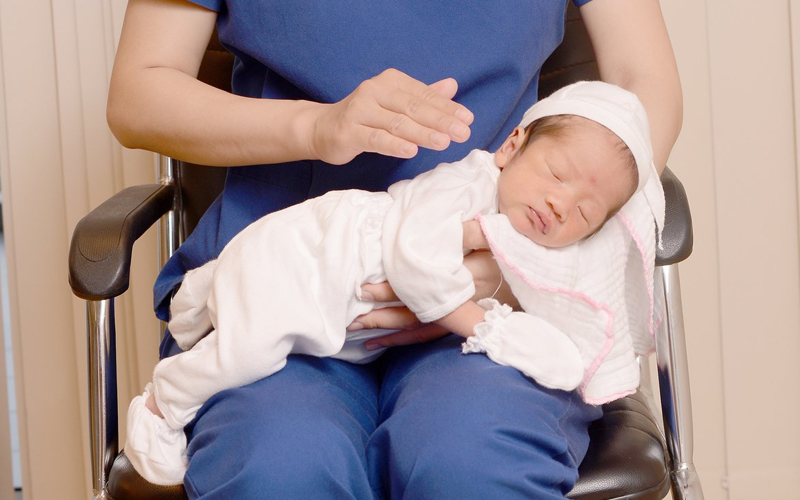
According to Associate Professor and pediatrician, Dr. Huỳnh Thoại Loan, from Vinmec Central Park International Hospital, it’s essential to burp your baby after feeding to prevent spitting up, vomiting, and fussiness. This is because a newborn’s stomach is small, and they can easily regurgitate their milk if not burped properly.
12 Vigorous Shaking of the Baby
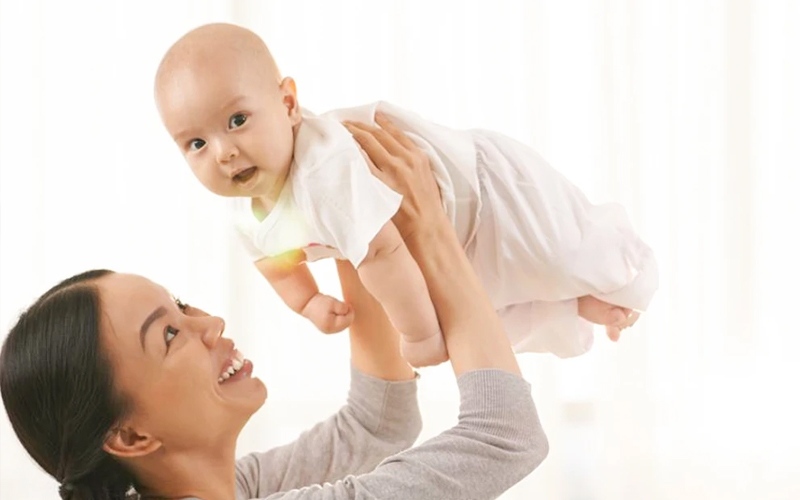
Dr. Nguyễn Công Nghĩa, Head of Obstetrics at Vinmec Times City International Hospital, warns against vigorously shaking your baby. The soft and flexible skull of a newborn cannot withstand such forces, and the impact can cause brain damage, leading to seizures, loss of cognitive function, or even death.
13 Kissing Your Baby to Show Affection

Dr. Nguyễn Thị Ngọc Hường, a pediatrician at Columbia Asia Gia Định Hospital, advises against kissing your baby directly on the mouth or face. Babies have underdeveloped immune systems and are highly susceptible to infections. Even with proper oral hygiene, our mouths harbor bacteria that can be harmful to infants.
14 Placing Baby to Sleep on Their Stomach

Researchers from Harvard University caution against placing babies to sleep on their stomachs, as it increases the risk of Sudden Infant Death Syndrome (SIDS). For infants under one year old, the head is relatively large and heavy compared to the rest of the body, and the neck muscles are not yet strong enough to support it. This can lead to suffocation if the baby’s nose and mouth become covered by bedding or pillows.
15 Overbundling When Baby Has a Fever

Dr. Nguyễn Thị Mỹ Linh, a pediatrician at Vinmec International Hospital in Danang, advises against overbundling your baby when they have a fever. Avoid using blankets or diapers, as this can increase their body temperature and make the fever worse.
16 Letting Baby Sleep in a Hammock

Dr. Nguyễn Cát, a pediatrician at Nhi Đồng Hospital in Ho Chi Minh City, warns against letting your baby sleep in a hammock. This practice can have adverse effects on spinal development, the nervous system, and the formation of cognitive functions.
Keep these tips in mind to ensure you’re providing the best care for your little one. Don’t forget to bookmark this article for future reference!
Examining the Pros and Cons of Freezing Breast Milk
Are you a breastfeeding mother searching for the best way to store and freeze your breast milk? We’ve got the tips you need to ensure the proper preservation of this precious liquid. Read on to discover the ideal way to store and freeze breast milk for your baby.
























